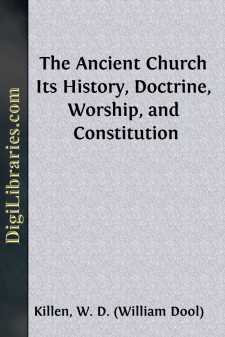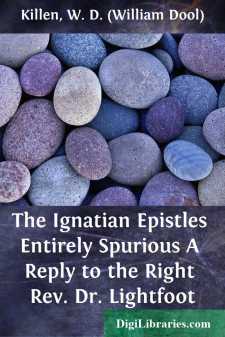Categories
- Antiques & Collectibles 13
- Architecture 36
- Art 48
- Bibles 22
- Biography & Autobiography 816
- Body, Mind & Spirit 145
- Business & Economics 28
- Children's Books 18
- Children's Fiction 14
- Computers 4
- Cooking 94
- Crafts & Hobbies 4
- Drama 346
- Education 58
- Family & Relationships 59
- Fiction 11834
- Foreign Language Study 3
- Games 19
- Gardening 17
- Health & Fitness 34
- History 1378
- House & Home 1
- Humor 147
- Juvenile Fiction 1873
- Juvenile Nonfiction 202
- Language Arts & Disciplines 89
- Law 16
- Literary Collections 686
- Literary Criticism 179
- Mathematics 13
- Medical 41
- Music 40
- Nature 179
- Non-Classifiable 1768
- Performing Arts 7
- Periodicals 1453
- Philosophy 66
- Photography 2
- Poetry 897
- Political Science 203
- Psychology 45
- Reference 154
- Religion 516
- Science 126
- Self-Help 86
- Social Science 82
- Sports & Recreation 34
- Study Aids 3
- Technology & Engineering 59
- Transportation 23
- Travel 463
- True Crime 29
W. D. (William Dool) Killen
William Dool Killen (1806–1902) was an Irish Presbyterian minister and church historian. He is best known for his works on ecclesiastical history, including "The Ancient Church: Its History, Doctrine, Worship, and Constitution" (1859), which provides an account of early Christianity. Killen also authored "The Ecclesiastical History of Ireland" (1875), offering a detailed exploration of Irish church history. His writings reflect his commitment to the Presbyterian Church and his scholarly contributions to understanding the development of early Christian institutions.
Author's Books:
Sort by:
CHAPTER I. THE ROMAN EMPIRE AT THE TIME OF THE BIRTH OF CHRIST. Upwards of a quarter of a century before the Birth of Christ, the grandnephew of Julius Caesar had become sole master of the Roman world. Never, perhaps, at any former period, had so many human beings acknowledged the authority of a single potentate. Some of the most powerful monarchies at present in Europe extend over only a fraction of...
more...
CHAPTER I. PRELIMINARY OBSERVATIONS. The question of the genuineness of the Epistles attributed to Ignatius of Antioch has continued to awaken interest ever since the period of the Reformation. That great religious revolution gave an immense impetus to the critical spirit; and when brought under the light of its examination, not a few documents, the claims of which had long passed unchallenged, were...
more...



